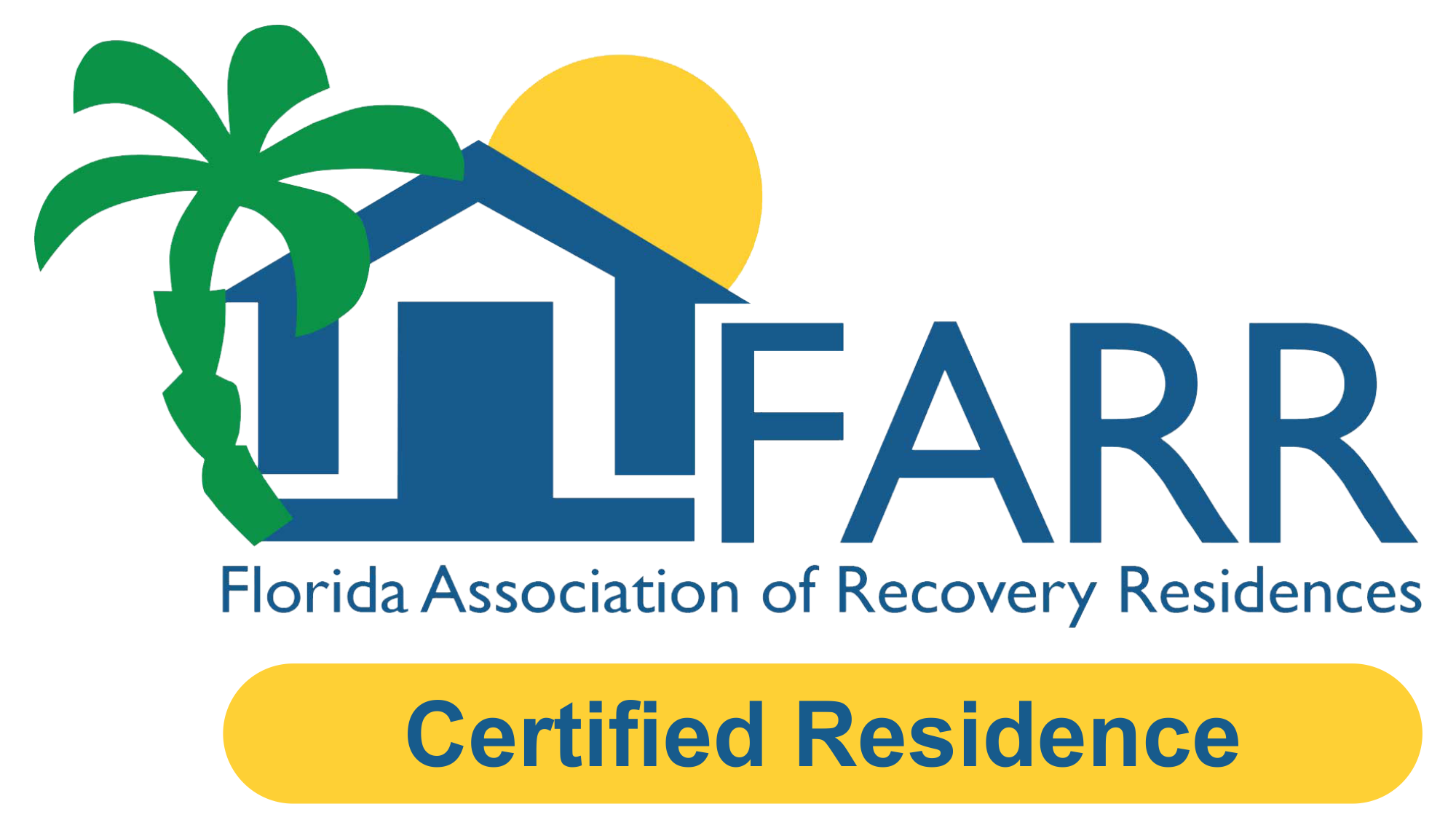FARR Certified Orlando Halfway Houses
The Mind Body and Soul Recovery Houses for men and women are all FARR Certified

PROCEDURAL
FARR Certified Residences ensure all owners, managers, and staff receive an orientation to the FARR’s Code of Ethics and document their agreement to abide by these principles as a condition of employment.
This orientation includes confirmation that all owners, managers, and staff successfully complete FARR Ethics and FARR Standards training annually. Certified Recovery Residences must ensure each newly hired staff member completes these two mandatory trainings within their first ninety (90) days of employment.
Where applicable, the professional staff at each site shall review all pertinent Codes of Ethics annually, and attest in writing to their willingness to abide by the principles.
Certified Residences ensure that residents receive an orientation as to their rights and responsibilities upon admission, including their right to receive ethical care. Confirmation of this orientation must be documented in each individual resident’s file.
Certified Residences ensure all residents are provided information during their orientation regarding the process and steps residents may take to report any ethical or standards violations. Confirmation of this orientation must be documented in each individual resident’s file.
The website of all Certified Residences must provide a prominently displayed link to the FARR Code of Ethics and the FARR Grievance Form shall also be posted on the Certified Residences website or clearly linked to same on the FARR website within thirty (30) days of issuance of the Certificate of Compliance.
FARR Certified Residences should ensure that no retribution, intimidation, or any negative consequences shall occur if a grievance or complaint has been filed.
ETHICAL CONFLICTS
Certified Residences and their employees shall excuse themselves from taking an active part in the recovery and/or treatment plans of relatives, close friends, and/or business acquaintances.
Certified Residences and their employees may participate in political activities on their own time and in accordance with their individual desires and preferences, but it must be clear at all times that they are doing so as individuals and not as representatives of FARR or their organization unless specifically agreed to by FARR or their Recovery Residence Administrator.
Certified Residences and their employees may not offer, pay, solicit, or receive any commission, bonus, rebate, kickback, or bribe, directly or indirectly, in cash or in-kind, or engage in any split-fee arrangement, in any form whatsoever, to induce the referral or in return for the acceptance or acknowledgment of treatment, of patients or patronage to or from a health care provider or health care facility as defined in FS 817.505. licensable entities must remain compliant with defined by Section 397.321, F.S. and Rule 65D-30, F.A.C.
Certified Residences ensure that former clients are not be hired as an employee at any site unless a significant period of time has elapsed. At a minimum, a six (6) month prohibition period should be clearly stated in the Certified Recovery Residences policy and procedures regarding the employment of former clients.
Certified Residences ensure all program associates refrain from engaging in any non-therapeutic dual relation-ships for a minimum of 2 (two) years. If a more restrictive time frame is listed in an employee’s professional ethics code, then that time frame shall apply.
Certified Residences shall not provide clinical or therapeutic interventions which are licensable under Chapter 65D-30, Florida Administrative Code without a license issued by the Department of Children and Families, Substance Abuse and Mental Health Program Office.
RESPONSIBILITY TO COLLEAGUES
Owners, Managers, Staff, and Volunteers of Certified Residences having knowledge of unethical practices on the part of another colleague shall report such practices to the Recovery Residence Administrator and/or, as needed, to the colleague’s professional Ethics Board.
Owners, Managers, Staff, and Volunteers of Certified Residences should not use the workplace for proselytizing religious, political, or economic issues. However, faith-based programs are encouraged to share their personal testimony and experience as a peer with residents who have elected to reside in the faith-based Certified Recovery Residence.
